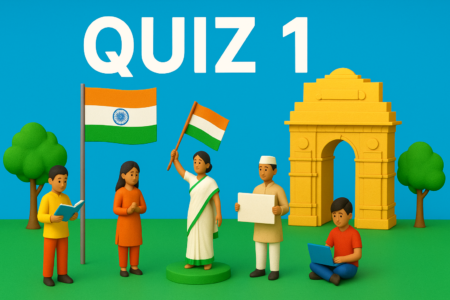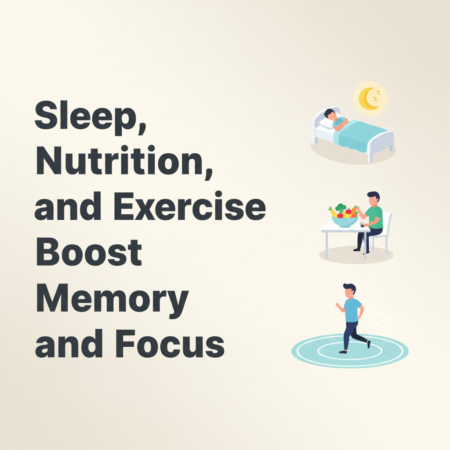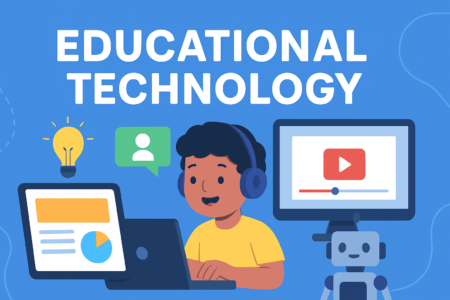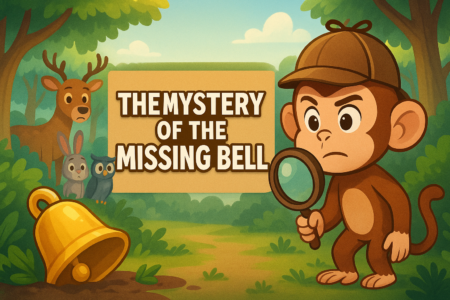Introduction to ChatGPT
In the evolving landscape of education, integrating technology into daily learning has become essential. One of the most transformative tools in this realm is ChatGPT, an advanced language model developed by OpenAI. This AI-based assistant is increasingly being used by students across the globe to support academic learning, enhance productivity, and foster creativity.
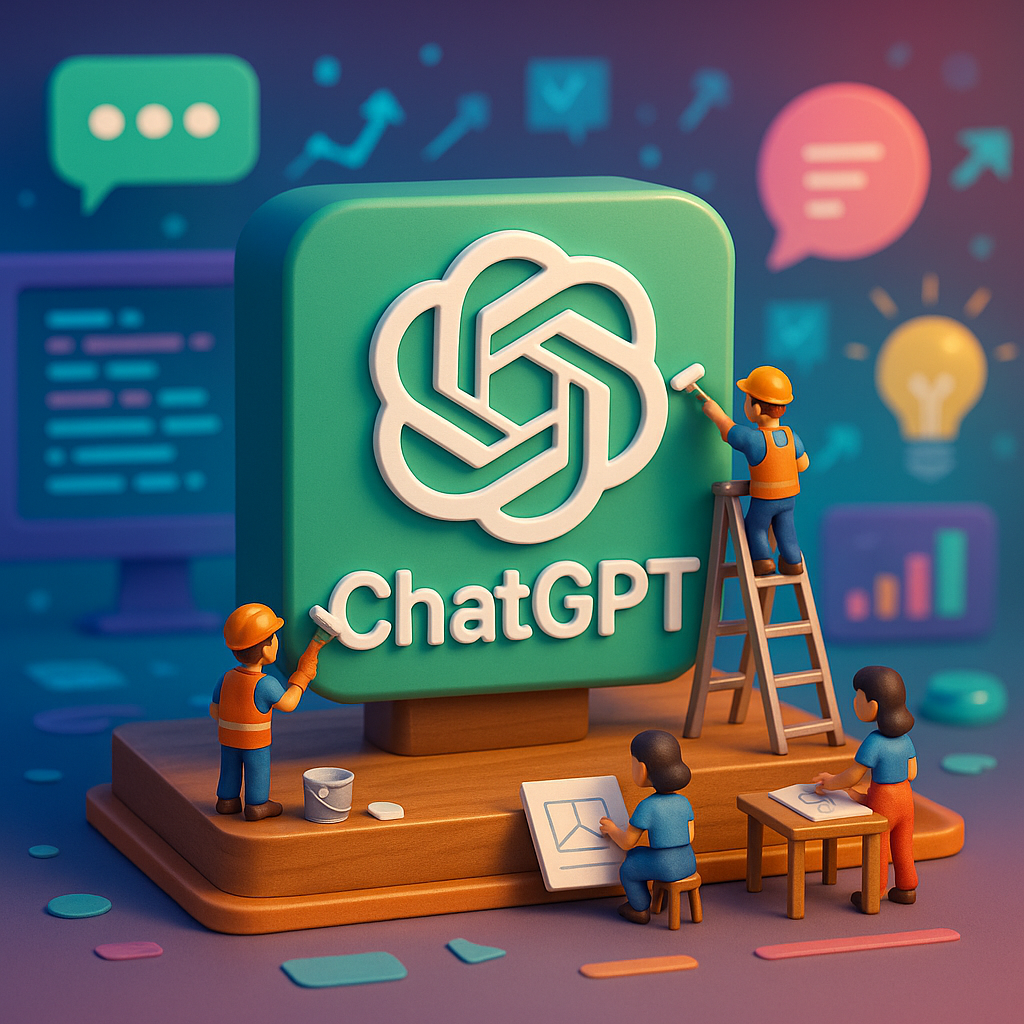
This article explores how students can effectively utilize ChatGPT to elevate their learning experience while maintaining academic integrity and responsibility.
What is ChatGPT?
ChatGPT is a conversational artificial intelligence model capable of understanding and generating human-like text. It can answer questions, provide explanations, assist in writing tasks, generate study notes, and offer personalized academic support—all in real time. With thoughtful use, it can serve as an excellent learning companion for students from various age groups and academic levels.
Benefits of ChatGPT for Students
- Clarification of Concepts
Students can use ChatGPT to receive simplified explanations of complex topics in subjects such as science, mathematics, history, and literature. This feature is particularly helpful during self-study when immediate teacher assistance may not be available.
- Academic Writing Assistance
From helping structure essays and assignments to improving grammar and coherence, ChatGPT serves as a valuable aid in enhancing students’ writing skills. It can also suggest vocabulary and sentence structures appropriate to different writing formats.
- Study Material Summarization
For effective revision, students may ask ChatGPT to summarize chapters or lengthy notes. It can also generate multiple-choice questions and flashcards to support exam preparation.
- Time Management and Study Planning
By offering customized study schedules and productivity techniques, ChatGPT can help students manage their time more efficiently, balance multiple subjects, and avoid last-minute preparation.
- Creativity and Project Support
Students involved in creative writing, presentations, or project work can use ChatGPT for idea generation, brainstorming themes, or organizing content logically and engagingly.
Guidelines for Responsible Use
While ChatGPT offers a wide range of academic benefits, it is crucial to use it responsibly and ethically:
- Verify Information: Always cross-check AI-generated content with textbooks or trusted academic sources.
- Maintain Academic Honesty: Use ChatGPT as a guide rather than copying content directly for submissions or exams.
- Personalize Responses: Edit and refine AI-generated text to align with personal learning objectives or institutional requirements.
- Ask Clear and Focused Questions: Specific queries produce more accurate and useful responses. For instance, asking “Explain Newton’s third law with an example” is more effective than simply typing “Newton’s laws.”
Conclusion
The integration of AI tools like ChatGPT in education is a promising development that can enrich the learning journey of students when used judiciously. At Shah Satnam Ji Girls’ School, we believe in equipping our students with modern tools that foster intellectual growth, digital literacy, and independent thinking.
As artificial intelligence continues to evolve, its role in academic support will become even more significant. We encourage students to embrace such innovations with curiosity, responsibility, and a strong commitment to ethical learning.




